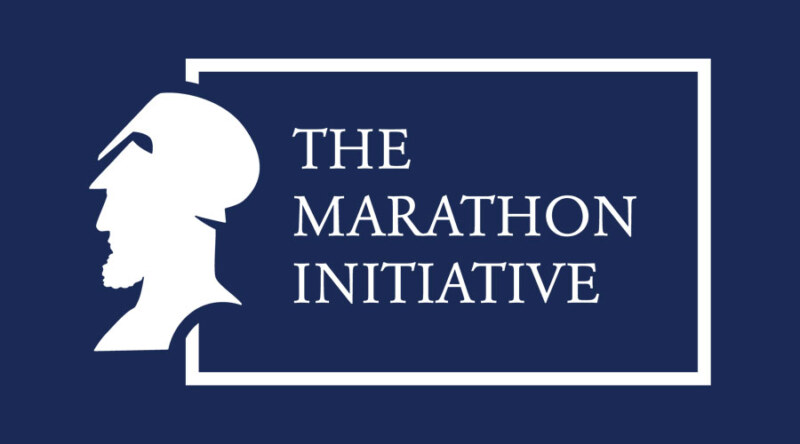Elbridge Colby Featured in RealClear Politics
The China challenge has revived an old and often arid quarrel about the relationship in foreign affairs between ideas and interests. Reconsidering that quarrel in light of the ideas that the Chinese Communist Party (CCP) professes and the interests the People’s Republic of China (PRC) pursues provides a fresh understanding of the threats that China poses to freedom.
The extreme form of the debate is generally confined to the domain of political science professors in the field of international relations. On one side stand the so-called realists.
They maintain that the distribution of power within the international system — including the logic of, and the interests inherent in, countries’ particular geopolitical circumstances — drives nation-state conduct. On the other side stand those classified as idealists. They contend that a country’s ideas — government officials’ leading principles and favored doctrines, the people’s customary opinions and perspectives, and the habits of heart and mind of both — provide the key to nation-state conduct. These pure views appear among commentators and policymakers in watered-down form as dominant intellectual tendencies.
The case of the CCP and of the Chinese nation that it despotically governs proves the wisdom of the common-sense view: as with individuals so too with nation-states, ideas and interests are inextricably connected. The ideas to which the CCP is committed — a distinctive blend of dogmatic Marxism-Leninism and extreme Chinese nationalism — undergird the regime’s dictatorial rule at home. These ideas also fuel the party’s ambition to bring under Beijing’s sovereign control formerly free and democratic Hong Kong, still free and democratic Taiwan, and areas of the South China Sea far beyond China’s internationally recognized territorial waters; animate the party’s schemes to lure nations around the world into relations of economic dependence; and drive the CCP’s plan to reshape international organizations so that they conform to the principles of socialism as the party has decreed them.
RealClear Politics


